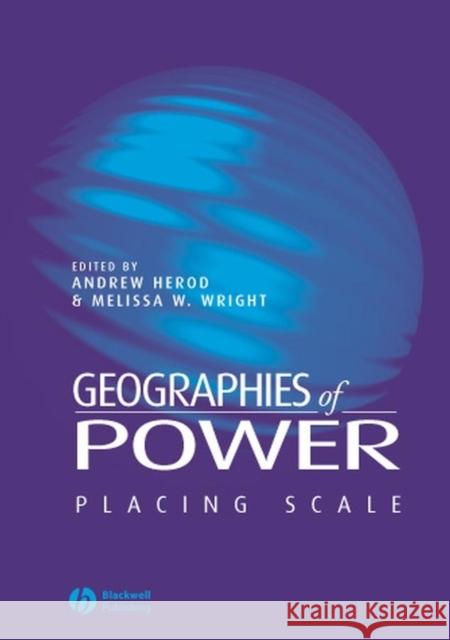Geographies of Power » książka
topmenu
Geographies of Power
ISBN-13: 9780631225584 / Angielski / Miękka / 2002 / 332 str.
At a time when references to things 'global' have gained more currency than ever, this book explores the nexus of power and space behind the politics of geographical scale.
- Explores the nexus of power and space behind the rescaling of contemporary social, economic and political life.
- Organized into three sections on theorizing scale, the discourses and rhetorics of scale, and scales of activism.
- Will stimulate discussion about how conceptions and visions of scale inform all aspects of social life.











